HPB and Spleen
Hepato-pancreato-biliary, Hepatobiliary or otherwise known in short as HPB, is a part of healthcare that deals with diseases of the of the liver, pancreas, gallbladder, and bile ducts. Diseases in these organs are treated by what is considered the most challenging and complex surgical procedures. “Hepato-pancreato-biliary” (in short: HPB) refers to the liver, pancreas and biliary system (gallbladder and relevant ducts) and it is widely used for HPB disease and/or HPB surgery.
Gallbladder Disease - Gallstones
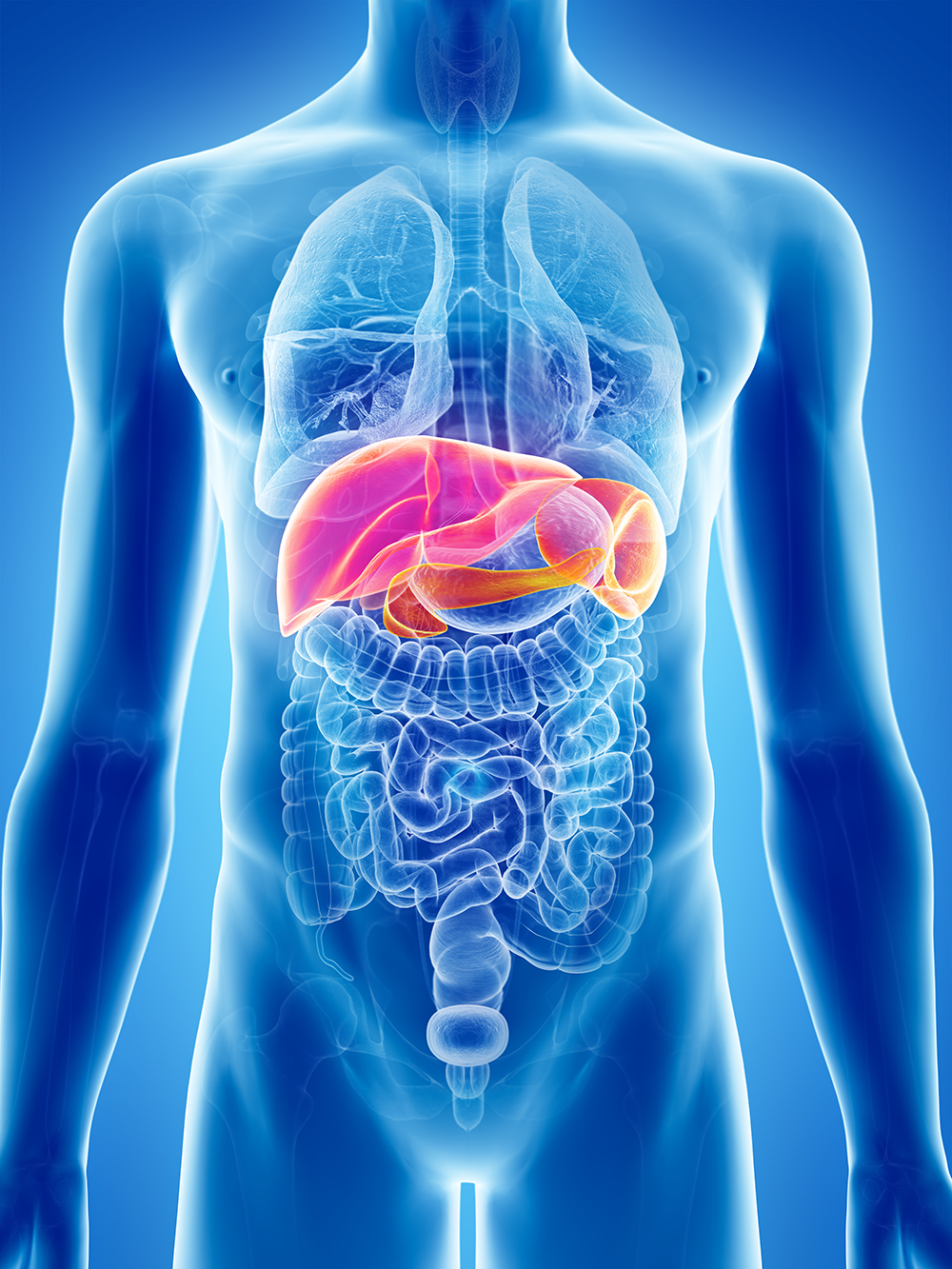

Understanding the Problem:
The gallbladder lies beneath the liver, storing and concentrating bile to help digest fat. Gallbladder disease refers to an inflammation, infection, or blockage (obstruction) of the gallbladder. Gallstones, the most common type of blockage, are pebble-like, solid stones affecting 10-15% of adults in Europe and the U.S. It is the most common digestive disease leading to hospitalization in the Western world and they can grow as large as a golf ball or as small as a grain of sand.
Signs & Symptoms:
- Abdominal pain in the upper right or middle side
- Fullness
- Clay-colored stool
- Fever, Nausea and Vomiting
- Yellowing of skin and whites of eyes (Jaundice)
Examinations Required:
- Abdominal Ultrasound
- Endoscopic ultrasound (EUS)
- Oral Cholecystography
- Hepatobiliary iminodiacetic acid (HIDA) scan
- CT Scan
- MRI - Magnetic Resonance Cholangiopancreatography (MRCP)
- Endoscopic Retrograde Cholangiopancreatography (ERCP)
- Blood tests
If any of these tests suggest you are suffering from Gallbladder Disease, Minimally Invasive Robotic Surgery may be advised.
Gallbladder Cancer
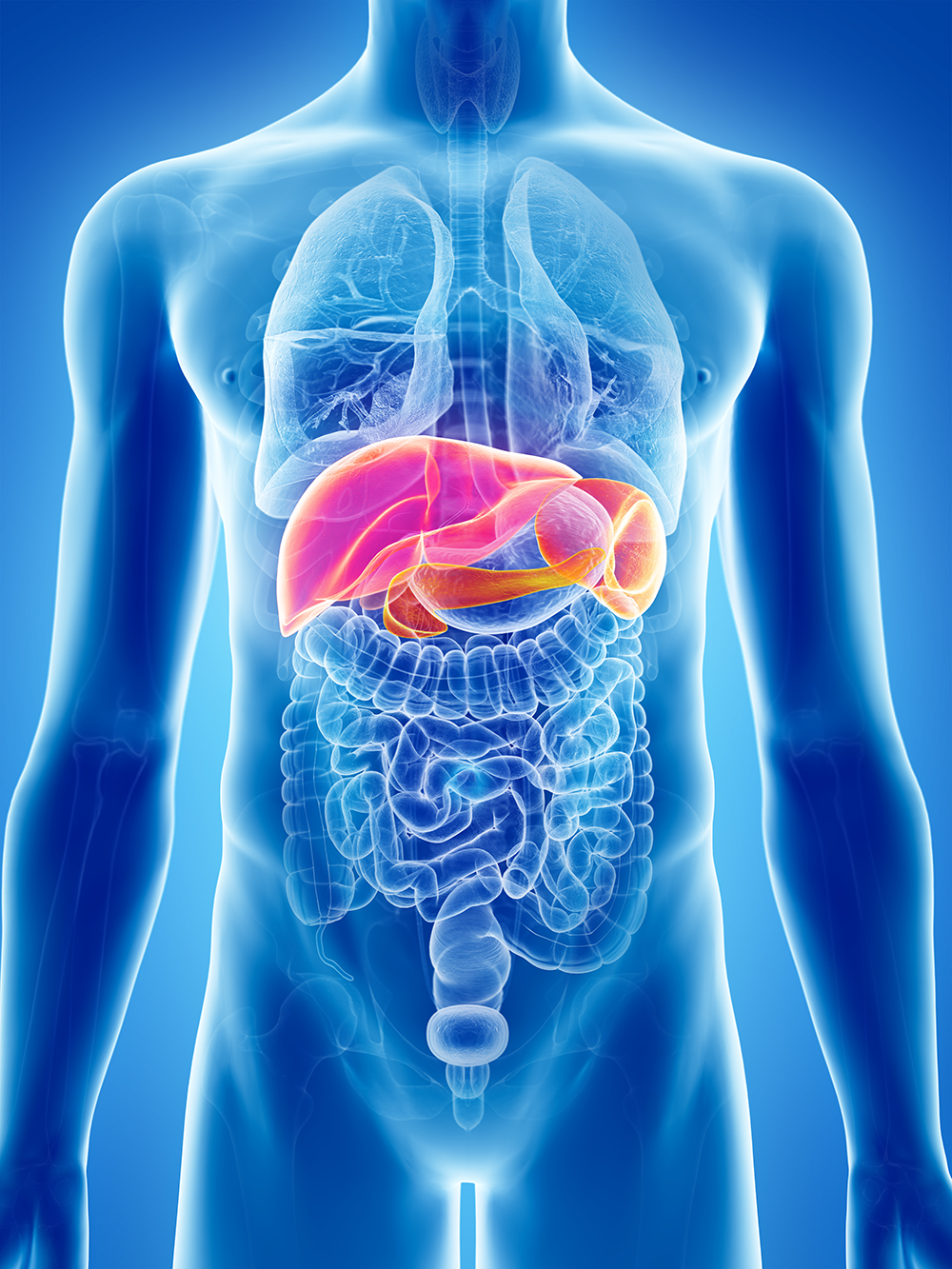

Understanding the Problem:
Gallbladder cancer refers to an uncommon, but abnormal cellular growth originating in the gallbladder. This organ lies beneath the liver, storing and concentrating bile to help digest fat. When Gallbladder Cancer is diagnosed early on, the chance for a
cure is high. However, due to the lack of signs & symptoms, most gallbladder cancers are discovered when the prognosis is often very poor.
Signs & Symptoms:
- Upper right abdominal pain
- Bloating
- Unintentional weight loss
- Jaundice - Yellowing of the skin and whites of the eyes
Examinations Required:
- Blood tests
- Ultrasound
- CT Scan / MRI
If any of these tests suggest you are suffering from Gallbladder Cancer, Minimally Invasive Robotic Surgery may be advised.
Pancreatitis and Pancreatic Cancer
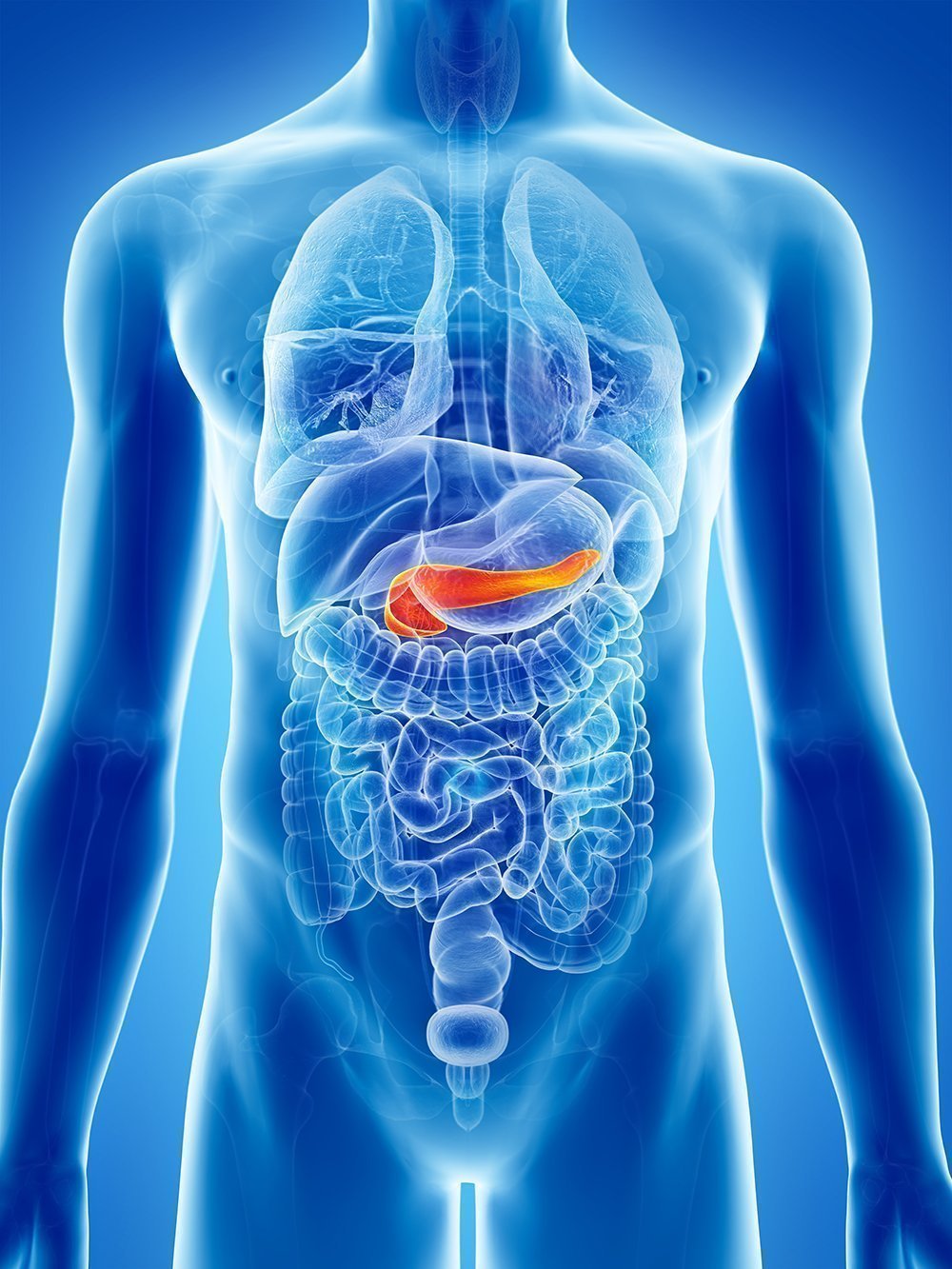

Understanding the Problem:
The pancreas is a large organ that produces powerful digestive enzymes and hormones to aid digestion, help the body control how it uses food for energy and regulate blood sugar.
Pancreatitis is a disease in which the pancreas becomes inflamed due to gallstones, heavy alcohol use, cystic fibrosis, high triglycerides, certain medicines, and structural problems in the pancreas. There are two types of Pancreatitis:
- Acute pancreatitis - occurs suddenly and usually goes away in a few days with treatment
- Chronic pancreatitis - occurs over many years and can lead to permanent damage (impairs the body's ability to digest food and regulate blood sugar)
Pancreatic cancer on the other hand, is hard to detect in its initial stages since it often does not cause early symptoms. Factors increasing the risk of getting pancreatic cancer however include: smoking, obesity, diabetes, chronic pancreatitis, and certain hereditary disorders.
Signs & Symptoms:
- Upper abdominal Pain and/or Swelling
- Pain when eating or drinking
- Nausea, Vomiting, Fever
- Weight loss
- Diarrhea
- Oily or fatty stools, clay-colored or pale
- Yellowing skin and/or eyes
- Loss of appetite
Examinations Required:
- CT Scan
- Endoscopic retrograde cholangiopancreatography (ERCP)
- MRI - Magnetic resonance cholangiopancreatography (MRCP)
- Endoscopic ultrasonography
If any of these tests suggest you are suffering from Pancreatic cancer, Minimally Invasive Robotic Surgery may be advised.
Liver Cancer and Liver Cysts
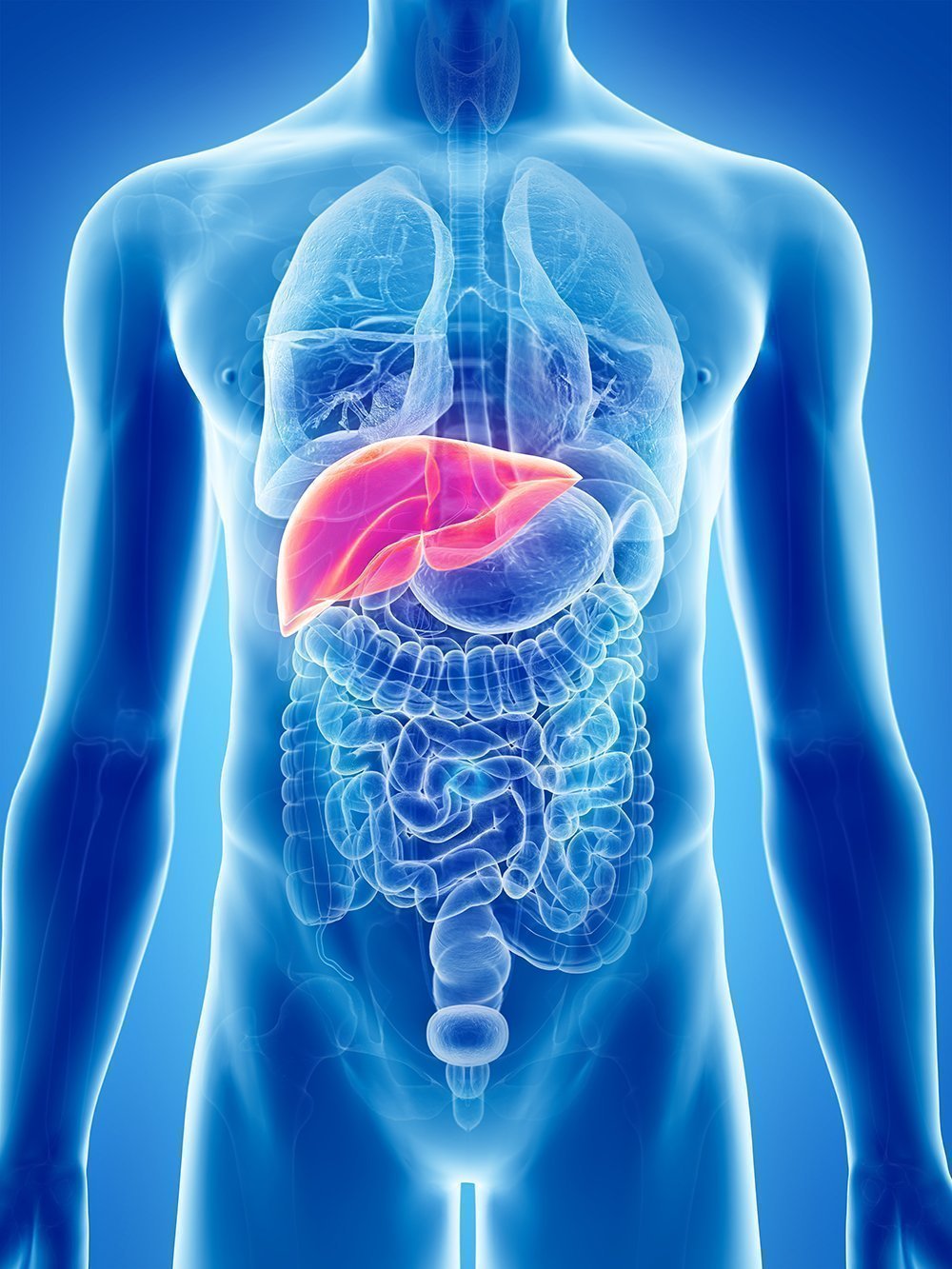

Understanding the Problem:
Liver Cancer and Liver Cysts both refer to a growth on the walls of the organ.
Liver cancer is a benign or malignant tumor that grows on the liver, and it may come in various forms, such as Hepatocellular Carcinoma, Intrahepatic Cholangiocarcinoma and Hepatoblastoma. However, liver cancer that actually spreads to the liver is far more common than liver cancer that develops in the liver cells.
Liver cysts are a very common condition, referring to thin-walled structures that fill up with fluid and can be present at birth or can develop at a later time. While the causes of most liver cysts are unknown, these cysts do not impair the liver’s ability to function. However, surgery may still be required in some cases.
Signs & Symptoms:
- Unintentional Weight loss
- Loss of appetite
- Nausea and vomiting
- Weakness / fatigue
- Abdominal swelling
- Yellowing skin and/or eyes (Jaundice)
- White, chalky stools
- Upper Abdominal Discomfort or Pain
Examinations Required:
- Blood tests
- Ultrasound
- CT Scan / MRI
- Biopsy - Removing a sample of liver tissue for testing
If any of these tests suggest you are suffering from Liver Cancer or Liver Cysts, Minimally Invasive Robotic Surgery may be advised.
Rupture or Trauma of the Spleen
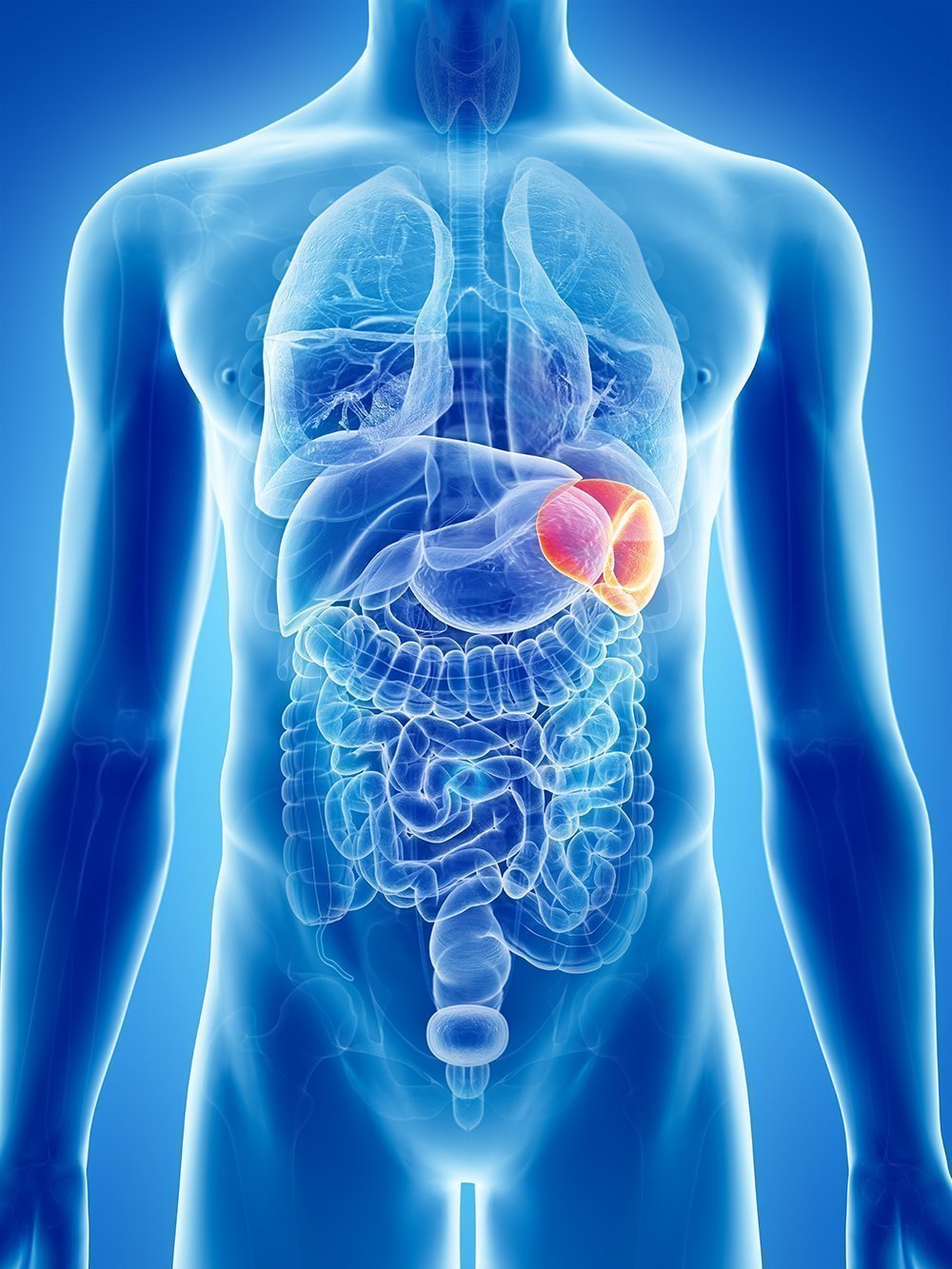

Understanding the Problem:
The spleen is an organ located under the rib cage to the left, that helps the body fight infections and filters old blood cells from the bloodstream. A ruptured spleen refers to a medical emergency that occurs when the spleen's surface breaks. This may occur as a result of a forceful blow to the abdomen during a fight, car crash or other similar events, causing the spleen to rupture. If left untreated, the internal bleeding may be life-threatening.
Signs & Symptoms:
- Upper left abdominal pain
- Tenderness when you touch the affected area
- Left shoulder pain
- Confusion, light-headedness, dizziness
Examinations Required:
- Physical exam - determine the approximate size of the spleen and the level of tenderness
- Blood tests
- Ultrasound - check for blood in the abdominal cavity
- CT Scan - this test may be favoured over an MRI due to the speed of delivery of the test
If any of these tests suggest you are suffering from a Ruptured Spleen, Minimally Invasive Robotic Surgery may be advised.
AIMIS Robotics and the daVinci Xi
AIMIS Robotics and the daVinci Xi
At the American Institute of Minimally Invasive Robotic Surgery - AIMIS Robotics, you can expect the golden standard for HPB and Spleen Procedures such as:
- Cholecystectomy
- Choledochotomy
- Cholecystostomy
- Pancreaticoduodenectomy
- Pancreatectomy
- Pancreato-Splenectomy
- Hepatectomy
- Hepatico - Jejunostomy
- Liver Lobectomy
- Liver Segmentectomies
- and many more...
Our Surgical Robot the “daVinci Xi” provides state-of-the-art robotic technology, allowing the surgeon’s hand movements to be scaled, filtered and translated into precise movements for the overall benefit of the patient. The daVinci Xi System also provides superior 3D imaging, for improved surgical visual definition and clarity.

Our surgeons at AIMIS Robotics are amongst the leading International experts in the field of General Surgery, offering innovative, multifaceted HPB and Spleen interventions. Their extensive knowledge in Minimally Invasive Surgery guarantees excellence in their surgical outcomes, whilst minimizing postoperative complications associated with traditional “open” surgeries.

At AIMIS Robotics, our goal is to provide an individualized and compassionate medical experience in a comfortable environment via our extensive surgical expertise, cutting edge surgical technologies, highly trained staff(professionals) and luxurious facilities. You will be appointed a member of the AIMIS Robotics team to be your personal “guardian angel”, to guide you throughout the process. Flights, accommodation, transportation, hospital procedures, paperwork, headaches, headaches, headaches… We are here to take care of it all for you, so you can focus on your health and recovery
daVinci Xi Benefits – HPE Procedures:
- Shorter operation(duration)
- Less blood loss
- Less pain (and discomfort)
- Minimal scarring
- Lower risk of post-op(erative) complications
- Shorter hospital stay
- Shorter hospitalization
- Faster recovery and return to normal activities
- Faster return to a normal diet

Get a Second Opinion!
No commitment! No cost! Just upload your MRI/CT Scan and let our world class surgeons give you a second opinion.
The American Institute of Minimally Invasive Robotics Surgery
The American Institute of Minimally Invasive
Robotics Surgery
Get In Touch With Us
Certifications – Accreditations:
Certifications – Accreditations

Quality
Management
Information
Security
Health
& Safety








